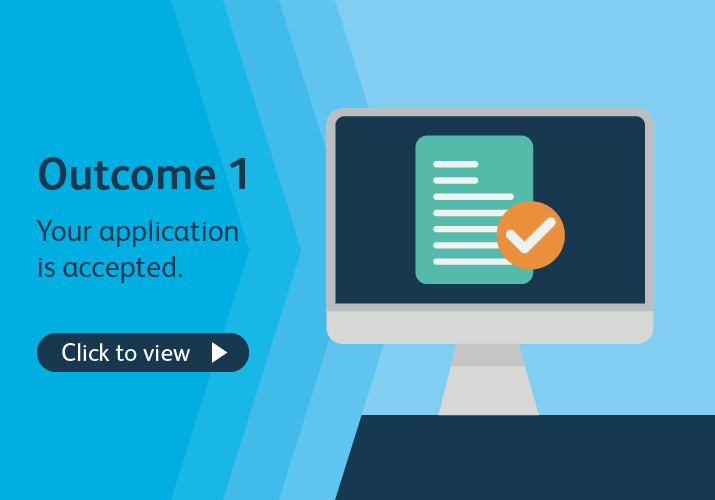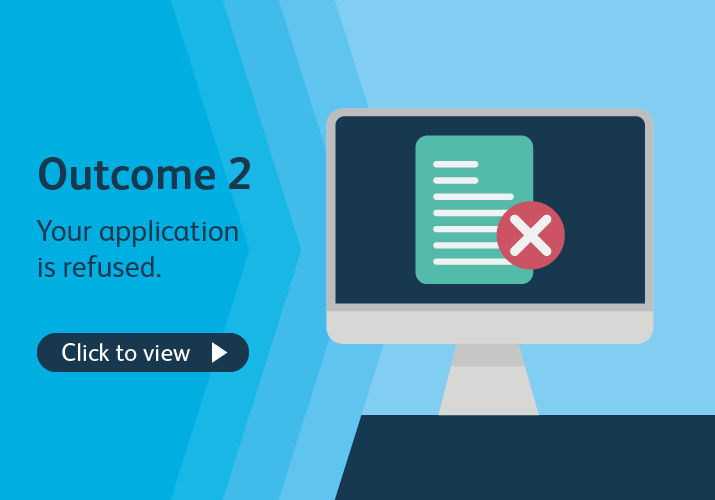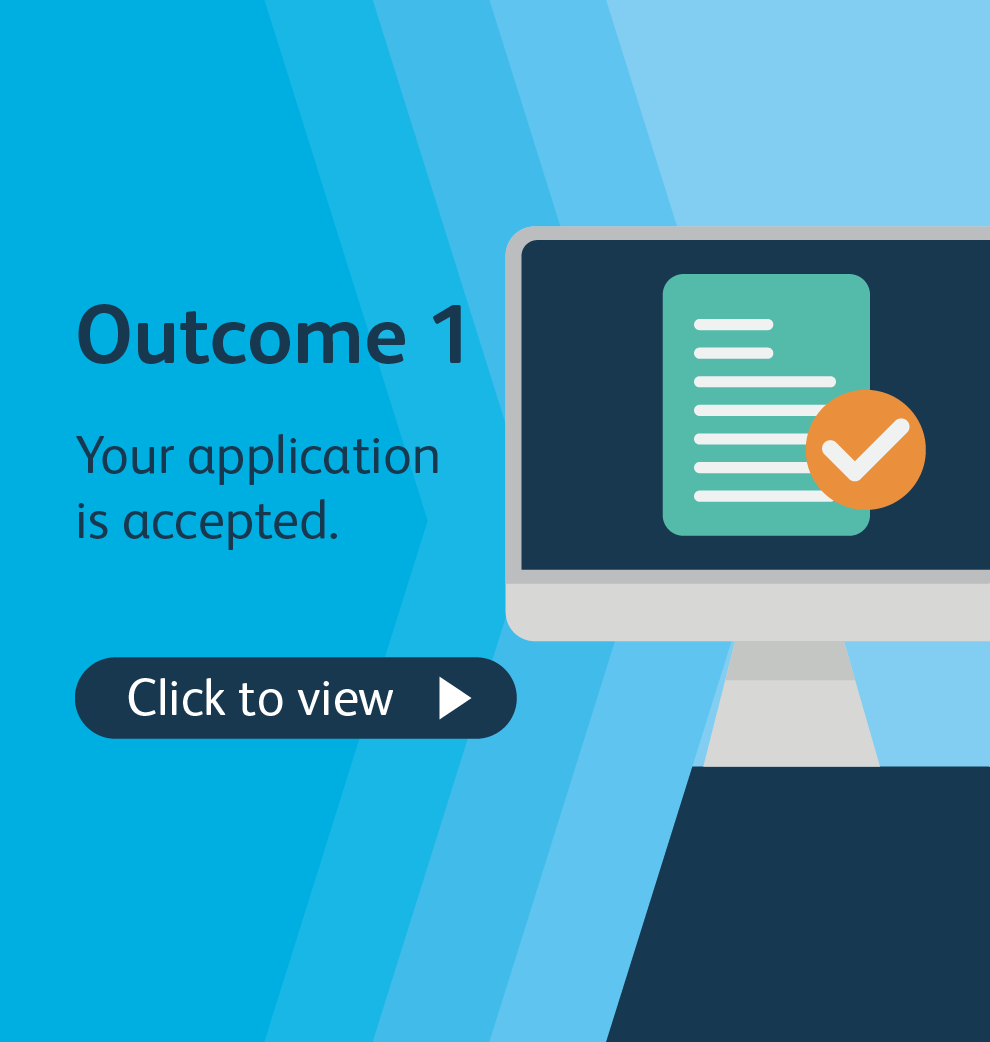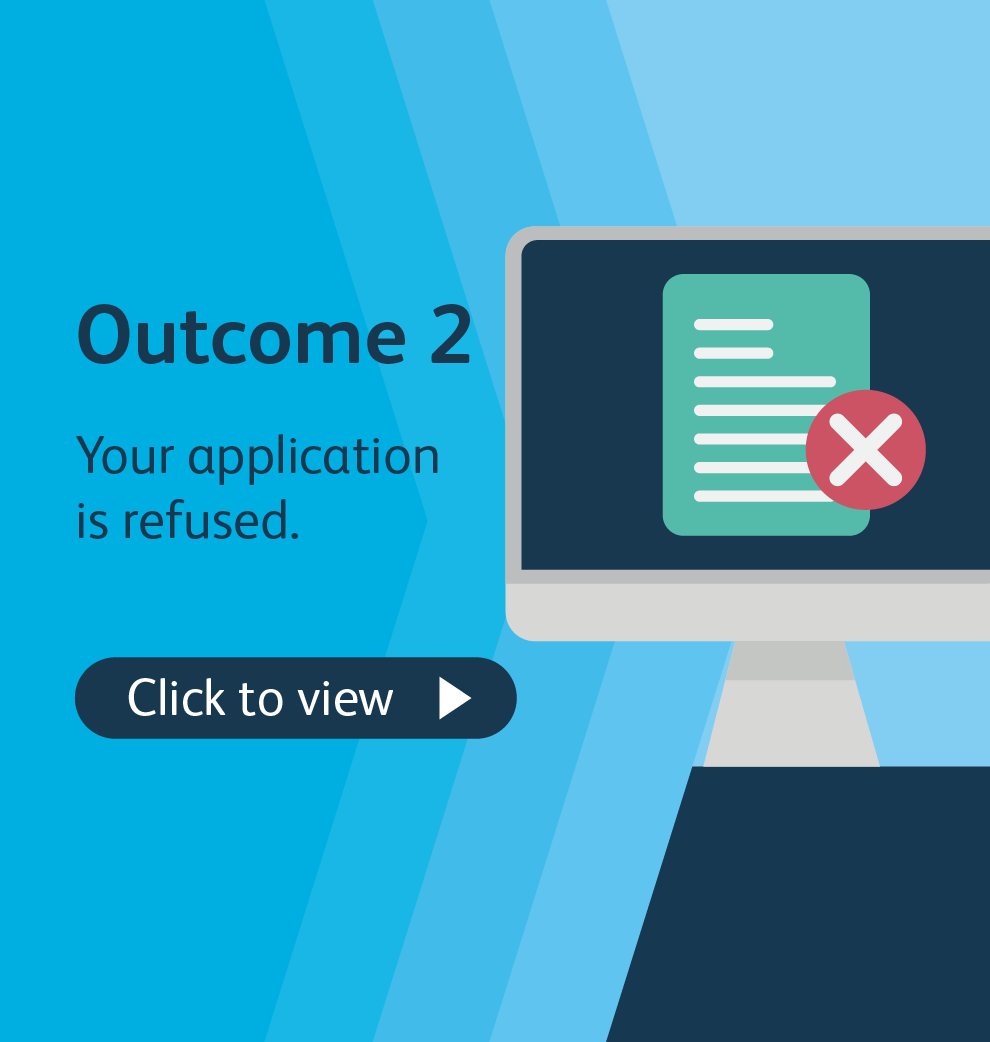Ill health retirement
If you’re unable to work because of ill health, you may be able to take your pension early.
Contents
What is ill health retirement?
Suffering from ill health is not something you plan for but it can affect your ability to work. When it stops you from doing your job, you may be able to take ill health retirement, no matter what age you are.
Whether you’re eligible for ill health retirement depends on a few factors – including your employer’s consent, the severity of your illness and whether your condition is ever likely to improve.
Do I qualify?
Click on your scheme page below to see what eligibility criteria you need to meet. Plus, find more information about the different tiers of ill health pension, the benefits you could get and the process for retiring with a deferred pension.
How to apply
If you’re still paying into your pension and thinking of applying for ill health retirement, here’s how the process works:
This will give you an opportunity to explain your situation and understand your options.
Please note
Your employer must have your health assessed by an Independent Medical Practitioner (approved doctor) before deciding if you qualify for ill health retirement.
To start with, your employer will pass on details about your job and let the practitioner know if your working hours and pay have been reduced.
Your own GP/Consultant may also be able to assist you with this part of the process.
If your treatment is ongoing, it may be worth waiting until it is completed before submitting an application. This will help the practitioner make an accurate assessment.
The practitioner will assess your case, based on the information they have been given by you and your employer – along with any additional evidence passed on by your GP/Consultant or occupational health department.
Learn more about this stage in your scheme page.
If you provide detailed information and give consent for your GP/Consultant to share your medical information, you may not need a face-to-face assessment.
If you would prefer to see the practitioner in person, you can request this via your employer (although this is not always possible).
A typical assessment can take 4-12 weeks
Once the practitioner completes your assessment, they will pass on a medical certificate to your employer, confirming whether you meet the ill-health retirement criteria.
They will also give an opinion on which tier you qualify for. Find out more about ill health tiers for your scheme.
If you’re no longer paying into your pension, click on your scheme page above, as the process is slightly different.
What happens after I’ve applied?
Your employer will make the final decision and confirm to you in writing whether your application has been accepted.
There are two possible outcomes:
Your employer’s decision
Ultimately, your employer (or former employer for deferred pensions) decides if you meet the criteria for ill health retirement. We are not told the outcome of any medical assessment until your retirement has been approved. If your ill health retirement is not approved, your employer does not contact us. If you’re unhappy with their decision, you should discuss this with your employer first.
Appeals
If you don’t agree with your employer’s decision, full details on how to appeal will be included in the letter from them. Find more information on our website.
What happens if my application is accepted?
As soon as we receive confirmation from your employer that you are eligible for ill health retirement, we will process your case. Learn more about the retirement process for your scheme.



